
Love in an Enchanted Realm
Nine years have passed since the day that curse befell me. Today, for the first time, I return to the ruins of the house where I once lived with my parents.
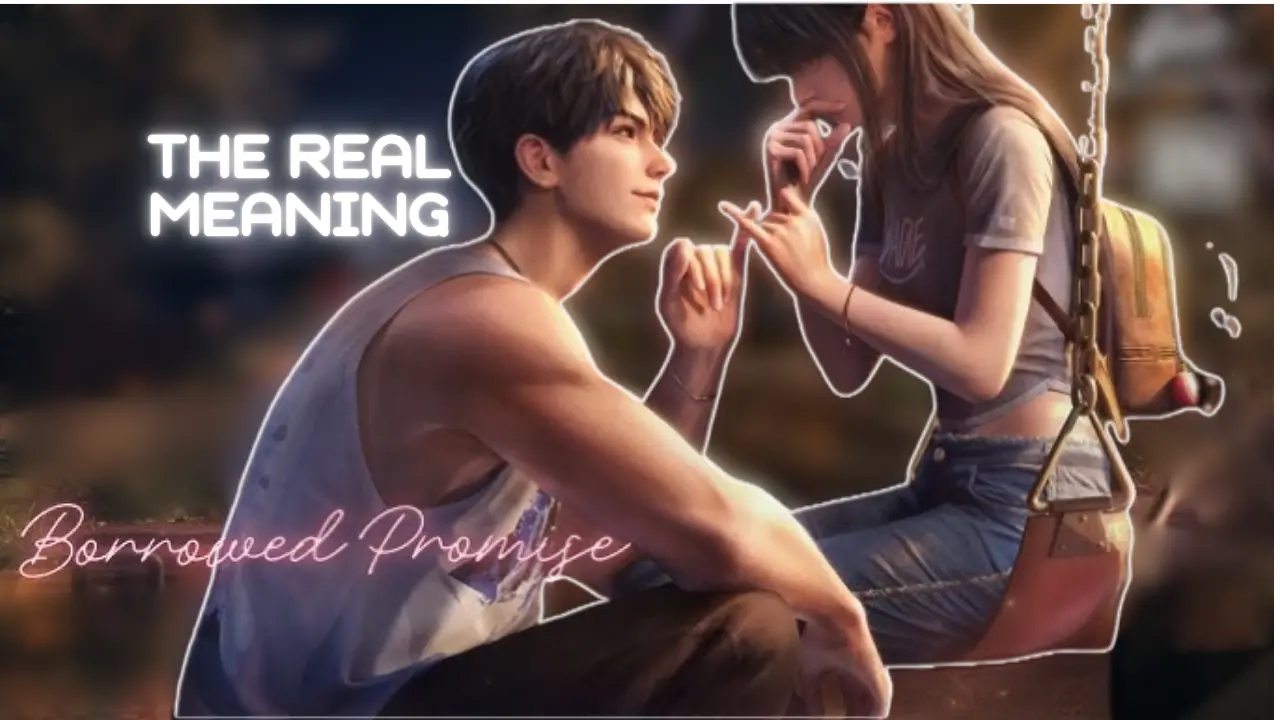

In the original Chinese version, “Borrowed Promise” is titled “预支约定” (yù zhī yuē dìng), which translates to “To Promise in Advance“. This title carries a deeper meaning, emphasizing how the MC initiates promises with Caleb, asking him to protect her and make her happy. The use of “预支” (advance) highlights the proactive nature of their relationship, where the MC often makes requests that Caleb wholeheartedly embraces.
This advance promise symbolizes the foundation of their bond, showcasing the MC’s trust in Caleb and his commitment to fulfilling her wishes. It reflects a pattern where she is the one who initiates important moments, and he responds with unwavering dedication. The title encapsulates this dynamic, offering readers a glimpse into the depth of their shared history.
Such nuances are often lost in translation, where the English title may not fully convey the emotional resonance of the original. Understanding the literal meaning provides a richer appreciation of their relationship, revealing how significant these early promises are in shaping their connection.
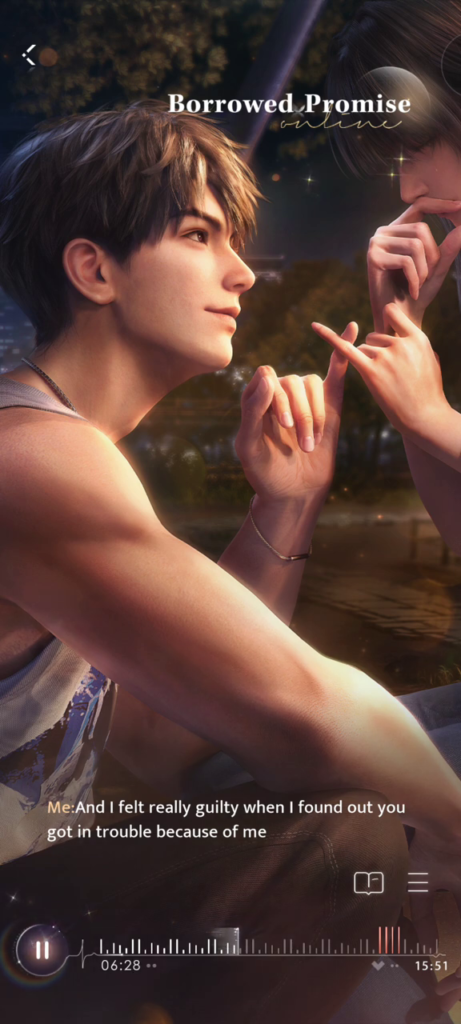
Throughout their story, the MC’s habit of making advance requests to Caleb highlights her reliance on him and his role as her protector. By asking him to always take care of her, she demonstrates a deep level of trust and affection. Caleb, in turn, takes these promises to heart, embodying the role of the steadfast guardian who is always there for her.
This dynamic reinforces their unique relationship, where the MC’s proactive nature meets Caleb’s unwavering support. The promises made in their youth continue to influence their interactions, illustrating how past commitments shape present relationships. It’s a testament to the enduring nature of their bond.
By understanding the cultural and linguistic context of the original title, readers can gain deeper insights into their characters. The emphasis on advance promises sheds light on the themes of trust, commitment, and the importance of shared history in strengthening relationships.
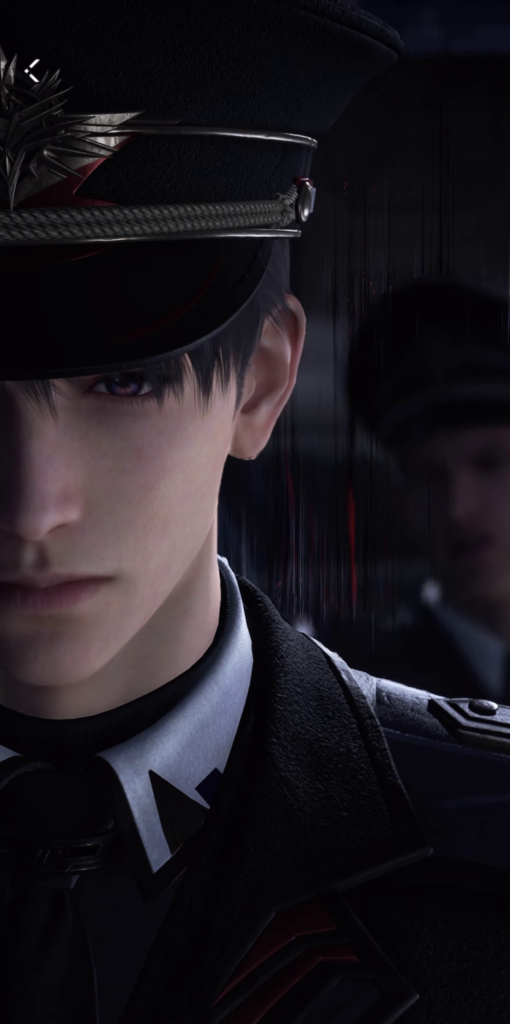

In Chinese culture, the terms “Gege” (哥哥) and “Meimei” (妹妹) mean older brother and younger sister, respectively. These titles are more than mere familial labels; they carry a sense of affection, respect, and responsibility. Repeating the words, such as “Gege” instead of “Ge”, adds a layer of endearment, much like using “big bro” instead of “bro”.
The use of these terms emphasizes the familial bond and the cultural expectations associated with sibling relationships. In Confucian contexts, older siblings are expected to care for and guide their younger siblings. This dynamic adds depth to Caleb and the MC’s relationship, highlighting his role as a protector and her position as the youngest, or “baby of the family“.
By integrating these terms into their interactions, the narrative captures the nuances of their bond that may not fully translate into English. The sense of closeness and familiarity inherent in “Gege” and “Meimei” adds layers of meaning to their conversations and experiences.

Caleb’s role as “Gege” implies a deep sense of responsibility towards the MC. He is expected to protect her, support her, and even sacrifice for her well-being. This cultural expectation influences his actions, making him attentive and considerate. The MC, as “Meimei”, often looks up to him and relies on his guidance.
This dynamic can also lead to moments of conflict and affectionate teasing. Caleb feels that he is the only one permitted to chastise or tease his younger sister, reinforcing his protective instincts. Similarly, the MC believes she holds a special place in being able to playfully challenge him.
Understanding the use of “Gege” and “Meimei” enriches the storyline, as it highlights the cultural context and the emotional layers of their relationship. It showcases how deeply rooted traditions and familial roles impact personal connections.

In Chinese culture, the metaphor of mushrooms growing on someone’s head originates from the saying “朽木不可雕” (xiǔ mù bù kě diāo), meaning “rotten wood cannot be carved“. This proverb suggests that someone with a negative or stagnant mindset cannot improve or be reformed. Since mushrooms grow on decaying wood, the image of mushrooms sprouting symbolizes stagnation and lack of growth.
This metaphor is deeply rooted in cultural expressions, conveying a sense of concern for someone’s well-being. It serves as a playful yet meaningful way to encourage others to overcome difficulties and adopt a more positive outlook.
Understanding this cultural reference enhances the appreciation of subtle interactions within the narrative, revealing layers of meaning that may be overlooked without knowledge of the cultural context.

When Caleb mentions that mushrooms might be growing out of MC’s head, he is using this metaphor to playfully highlight her gloomy demeanor. He suggests that by wallowing in sadness, she is allowing herself to become like rotten wood, upon which mushrooms could sprout.
This teasing remark serves to gently encourage her to move past her melancholy. It reflects Caleb’s affectionate concern and his desire to see her return to her usual vibrant self. The metaphor adds a layer of cultural depth to their interaction.
By incorporating this cultural nuance, the narrative showcases how deep-rooted sayings and metaphors can strengthen character relationships, providing readers with a richer understanding of their bond.

In the narrative, Caleb is portrayed as being sly rather than mean. He often devises clever ways to motivate the MC, such as proposing to delete embarrassing photos in exchange for her doing chores. This showcases his intelligence and playful nature, using gentle manipulation to achieve desired outcomes.
His actions are rooted in caring for the MC and helping her develop responsibility. By turning mundane tasks into a game or challenge, he makes everyday activities more engaging. This approach reflects his role as a guiding older brother who looks out for her growth.
Caleb’s slyness adds depth to his character, revealing a balance between humor and affection. It demonstrates how he can influence situations without being overbearing, maintaining a harmonious relationship.
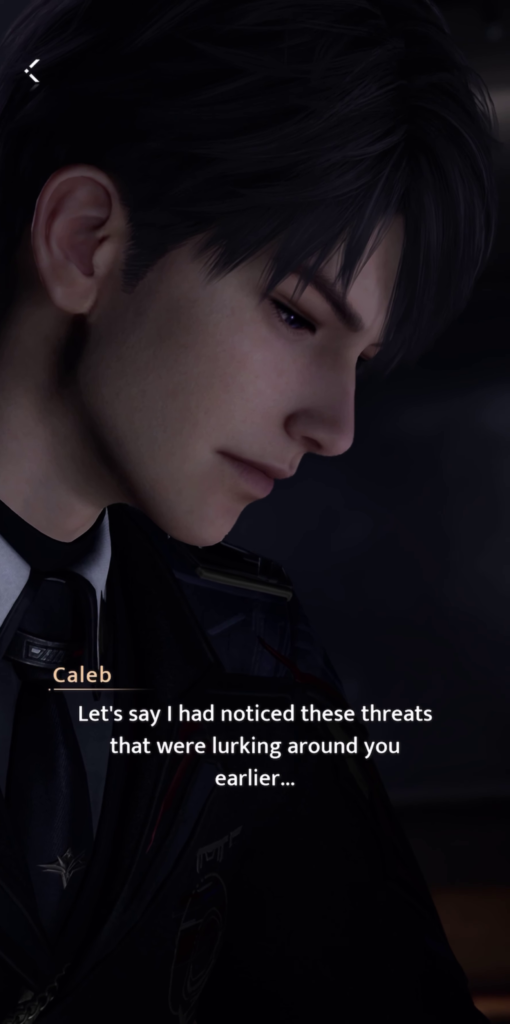
The MC recognizes Caleb’s tactics as sly and even admires his cleverness. Rather than viewing him as mean, she understands that his actions stem from a place of care and affection. This acknowledgement strengthens their bond and highlights the mutual understanding they share.
By perceiving him as sly, the MC is able to engage in playful banter, creating a dynamic where both characters can express themselves openly. This interaction underscores the trust and comfort present in their relationship.
Their exchanges exemplify how small actions and perceptions can significantly impact the depth of character relationships, adding layers of complexity and realism to the narrative.

Caleb often carries heavy bags on outings, insisting on handling the physical burdens to protect the MC from discomfort. This action symbolizes his desire to bear the weight of challenges on her behalf, reflecting his selflessness and commitment to her well-being.
His refusal to let her help demonstrates a traditional sense of chivalry and a deep-seated need to shield her from hardships. It highlights his role as a reliable companion who is always ready to support her.
This aspect of their interaction underscores themes of protection and devotion, emphasizing how everyday actions can convey profound emotions and strengthen their bond.

Caleb’s desire to hold the MC’s hand, even while laden with bags, signifies his need to maintain a physical connection and ensure her safety in crowded spaces. Hand-holding becomes a meaningful gesture that conveys affection and a constant readiness to guide and protect.
For the MC, this act provides a sense of security and reaffirms Caleb’s presence in her life. It illustrates how simple actions can have significant emotional impact, nurturing their relationship.
Together, the imagery of Caleb carrying burdens and holding hands encapsulates the depth of his protective nature, painting a picture of a relationship built on care and mutual reliance.

In the Chinese context, the term “心疼” (xīn téng), or “heartache“, denotes a deep level of care and concern for someone. When Caleb remarks on the MC’s newfound concern for him, he’s acknowledging her affection and the emotional significance of her worry.
This expression conveys more than mere sympathy; it implies a profound emotional connection where one’s heart aches for the other’s hardships. It highlights the intimacy and depth of their relationship.
Understanding this term enriches the narrative, allowing readers to appreciate the subtle ways in which the characters express their feelings and the growth of their emotional bond.
Caleb’s actions, such as kneeling to hook pinkies and making promises, carry connotations similar to a proposal. These gestures symbolize a deep commitment and a promise of enduring support and affection.
Such moments blur the lines between familial duty and romantic implication, adding complexity to their relationship. The subtlety of these expressions allows for a rich exploration of their feelings without overt declarations.
By recognizing these nuances, readers can delve deeper into the characters’ inner worlds, understanding the unspoken promises and the strength of their connection.
If you want to read more about Love and Deepspace, you can click here.
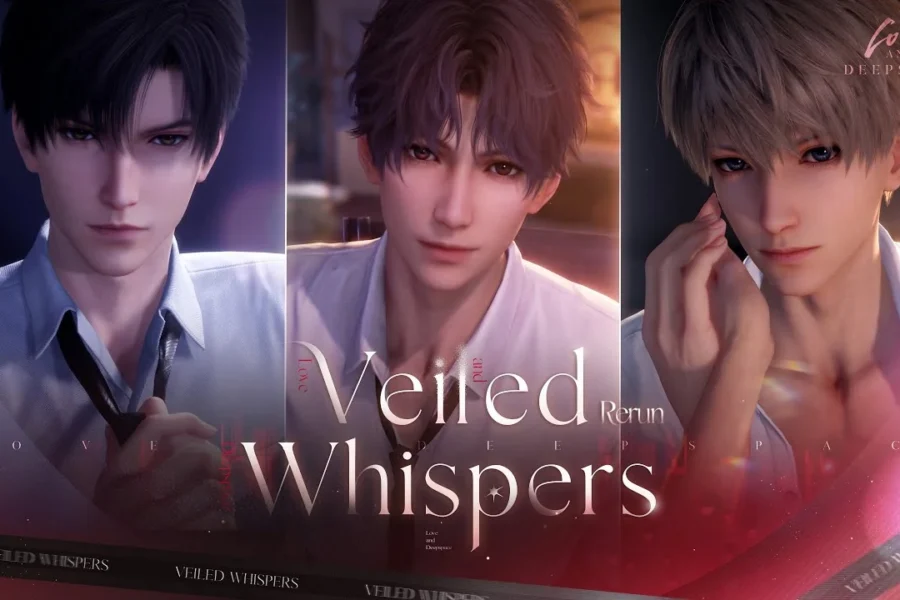
The Love and Deepspace universe continues to expand, invoking both excitement and emotion among players who eagerly await each limited banner and event. With the...
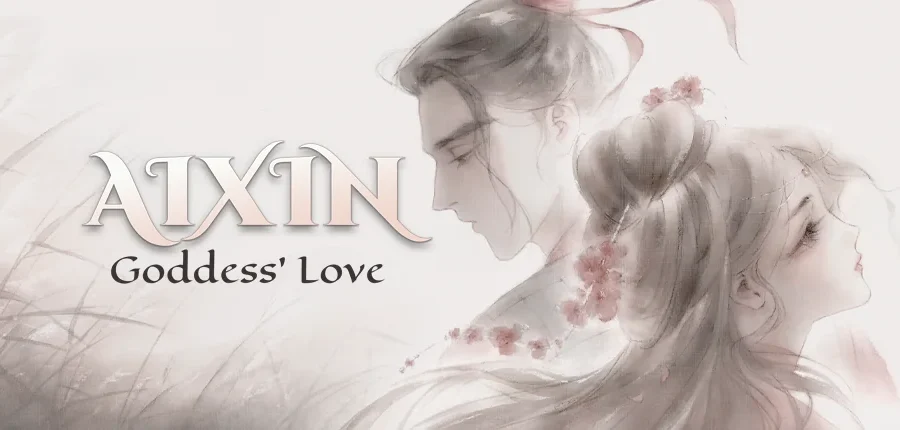
So, I found this game called AIXIN: Goddess’ Love, and it’s such a charming little adventure. It’s a visual novel set in a world inspired...
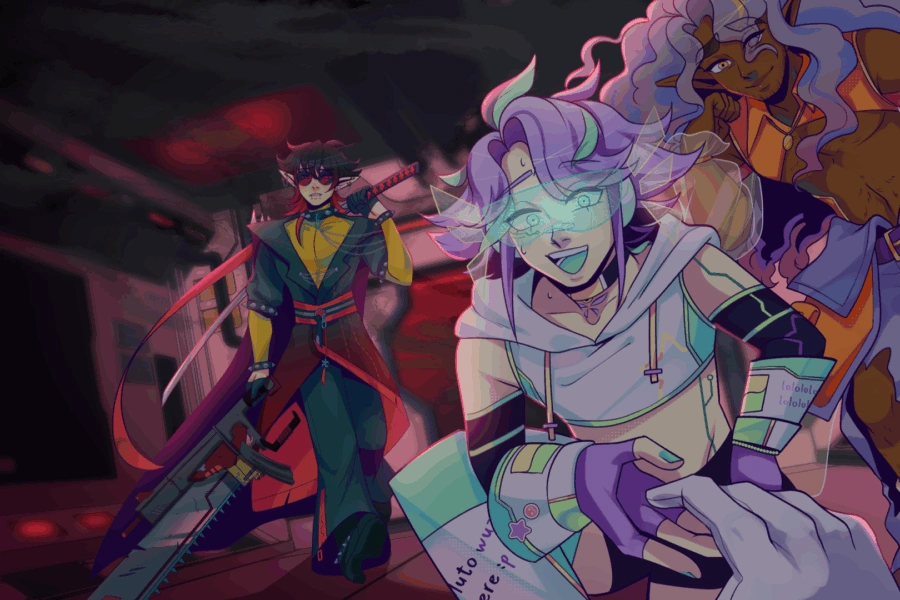
Stranded in space, haunted by existential dread, and still swiping through dating apps? That’s the wild, hilarious, and heartfelt premise of In My Orbit, the...